TV Shows to Cry To
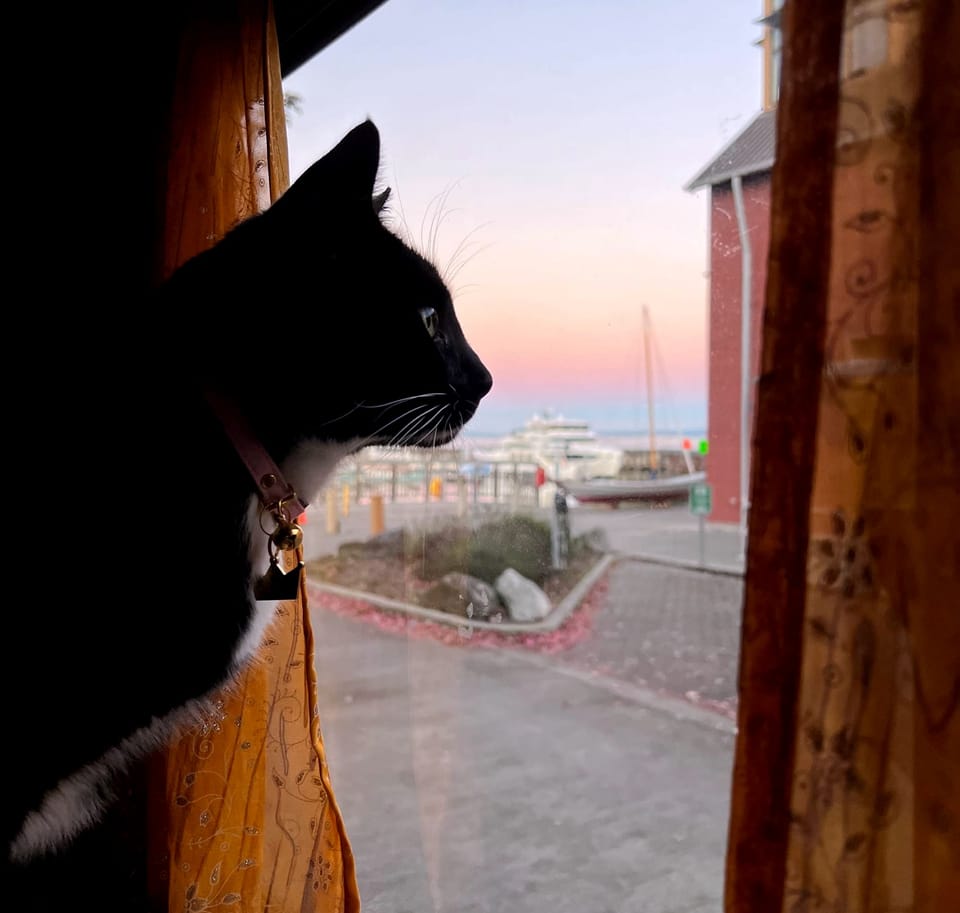
I HAD A hard day. The particulars are what they are; you’ve had hard days, too. In my case, I felt wrecked by the time I parked for the night in a seaside city and turned on my TV (which is, to my never-ending amusement, powered by a solar inverter when I’m not plugged in at home). Feeling like I needed to cry, I naturally turned on The Voice.
I can’t say why other people watch this show. Lots of reasons, I suppose. The hometown singers shooting their shot in front of famous people, the famous people fighting to get them on their team—it’s compelling in many ways. But for me, it’s the crying.
When a contestant first takes their place on the stage, hoping the famous people will push an “I Want You” button, their family is waiting in the wings, with Carson Daly. (Weird and not really relevant note: I was on Carson Daly’s late-night show a hundred years ago, though the video is apparently no longer available.) When a famous person pushes their button for the singing person, the family members often start bawling. Then I’m bawling, because they’re bawling. This season, there’s a special button the famous people can push if they regret not pushing their button during the singer’s performance. The first time it happened, it was Reba McEntire who pushed it; the singer started crying so hard that me and Snoop Dogg both started crying, too.
That wasn’t even on a bad day. This day, on my hard day, a nonbinary singer came on, and in their pre-performance package said they were representing for Black queer femmes. The moment they started beautifully singing, I started crying; when Snoop Dogg pushed his button, he started crying; I started crying harder.
😭
😂
My French second husband hated this about American reality television. He would come into the living room in our spacious rented Asheville house and sit down while I was watching So You Think You Can Dance, a show that had become a salve during my evacuation and displacement from Hurricane Katrina many years prior. A contestant’s backstory would almost invariably involve their crying about a hard thing that had happened: A parent died. They broke their foot or hamstring and thought they’d never dance again. Grandma got sick and it was super scary even though she was totally fine now. Every time they cried, my ex-husband would let out a loud, mockingly cartoonish sob, then ask why—WHY!?—all American reality TV shows had to be like this. And I would acknowledge how relentlessly formulaic it was. But I’d also do the liberal American thing and defend their feelings.
Leave them alone! I’d say something like. It probably was sad for a little bit when their dog had that surgery! I argued (and I stand by) that the whole of France needed to cry more. More important, I believed—correctly, but also projecting—that my then-husband was in desperate need of processing his sad, hard past.
The particulars of what he and his countrymen needed to cry about are what they are. We’ve all had our wars.
After I watched The Voice on the hard night, working on a puzzle at my table with a martini close by, I turned on Dancing with the Stars. There was more sobbing than usual in the episode—judge Derek Hough’s wife recently had a near-fatal brain bleed, apparently, which was discussed through many tears. But the best weeping for me was when contestant and Olympic rugby medalist Ilona Maher was shown bawling after she’d fucked up a jive or quick-step or whatever the week prior. This episode, hellbent on redemption, she nailed her rumba; her rugby teammates in the audience started sobbing; obviously, I started sobbing, too.
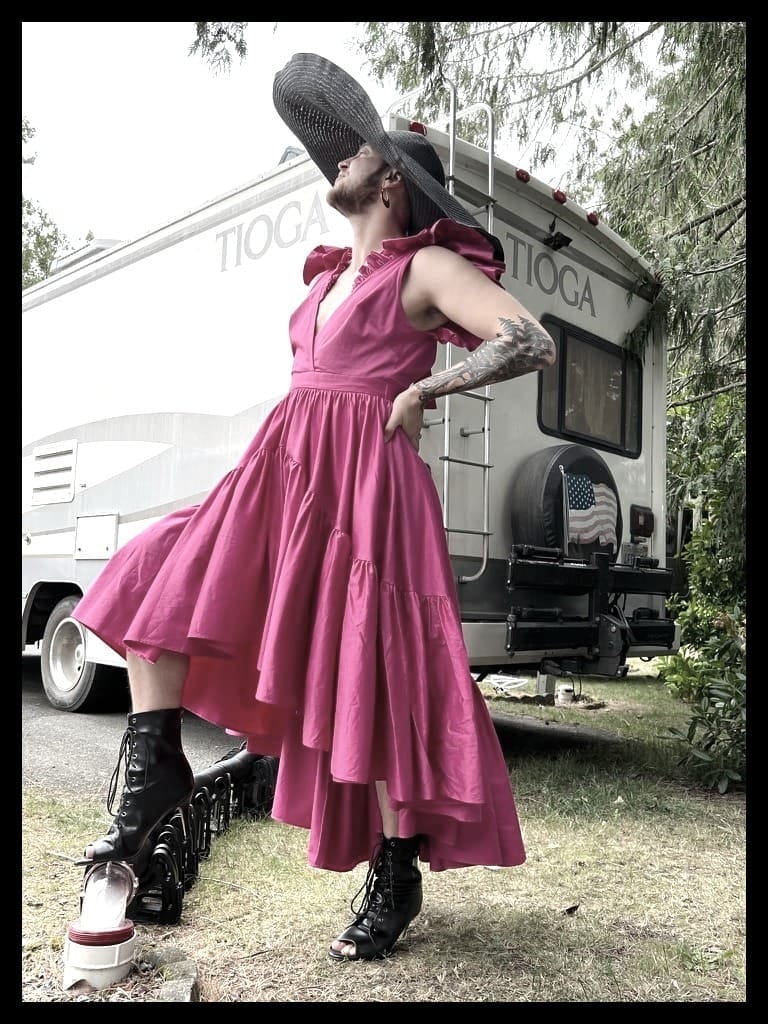
Neither one of my ex-husbands wanted to get down and sobby with me. The first, a peach of a dude, though a little homophobic, was a scientist who did math problems for fun. Once, when I was trying to explain that I was upset because my best friend and I were fighting, he just kept saying that getting upset over it didn’t make any sense. Now long divorced from both of them, alone with a cat on this night capping a hard, really bad, truly horrible day, I called on the criers of popular reality television to keep me company while I processed my hard time in real time.
And, they did.
The first time I ever saw Dancing with the Stars, it was 2005. The first husband and I lived in an apartment in New Orleans, where we’d recently finished our first year of graduate school as a newlywed couple. I remember us both sweating that summer night, beads of perspiration always on our faces and solar plexuses in the heat in our second-story rental: soaring high ceilings, wood floors, windows open. I’d turned on the TV—a real, old TV, not a smart and streaming one like the fisherman/former owner of Bessie installed—and flipped onto a show that seemed too loud but was irresistible enough. I watched the people dancing while I worked on my thesis, those 19 (!) years ago, their life of movements and bright lights securely in their box, my lifetime suppressing trauma and gender keeping me securely in mine. An infamous hurricane was still a month away, the levees yet to break, my own holding fast then as well.

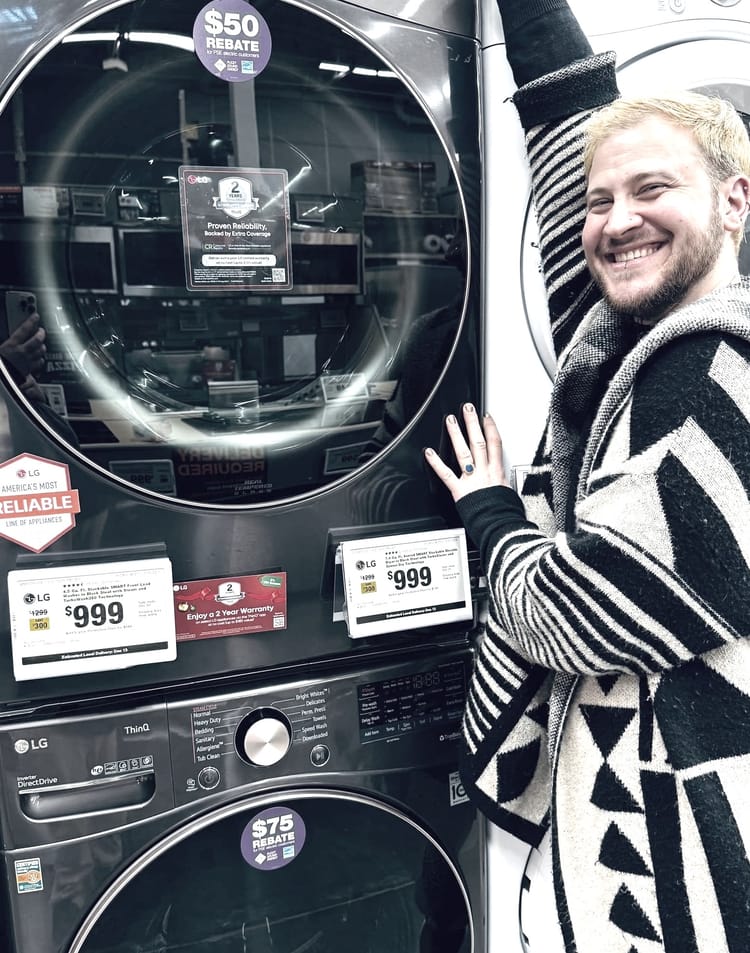
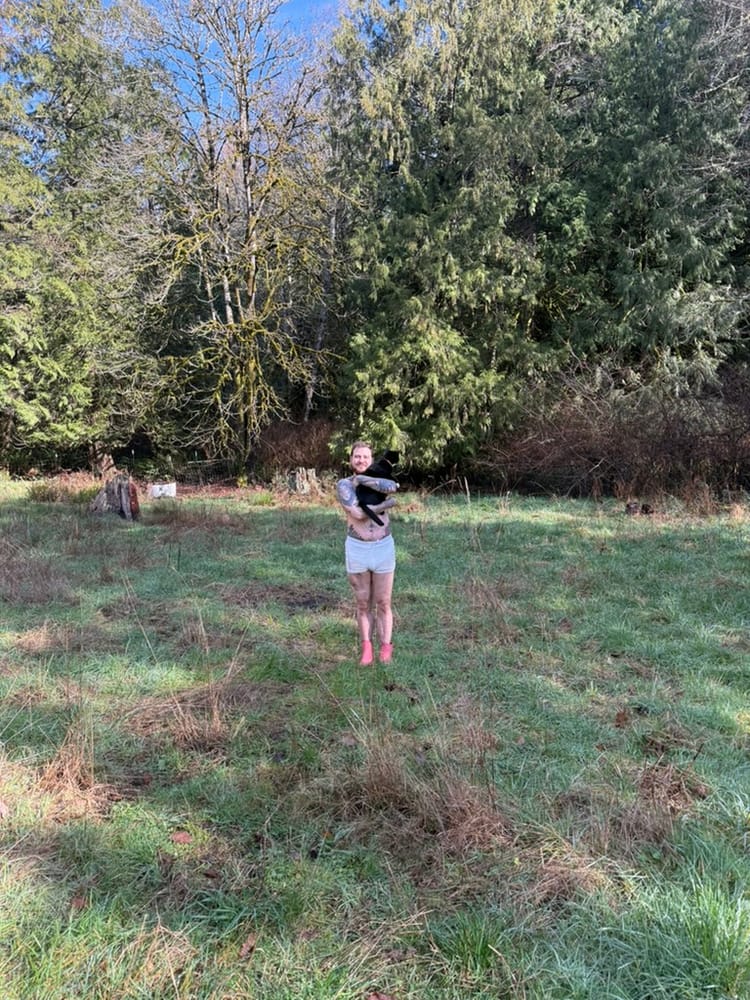

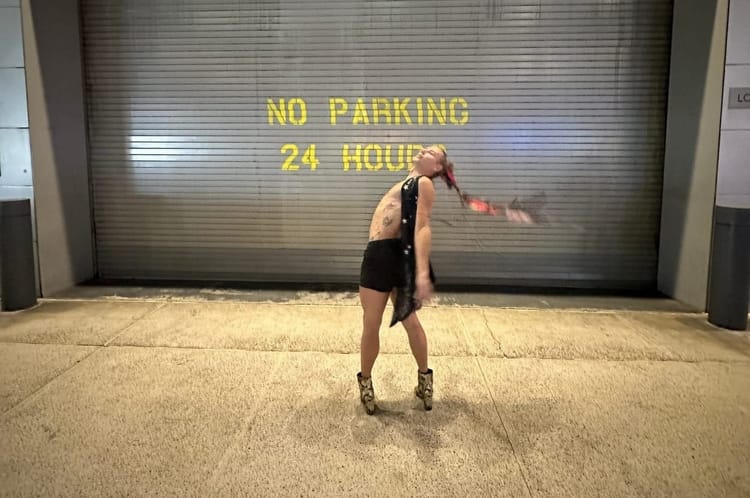
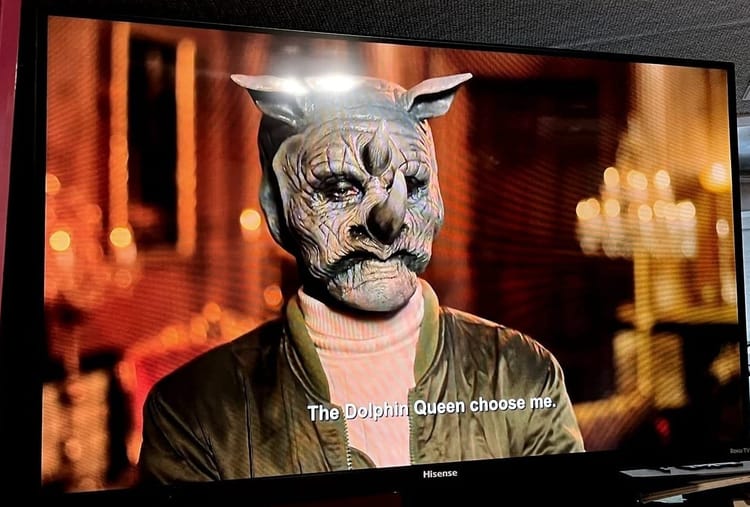
Member discussion